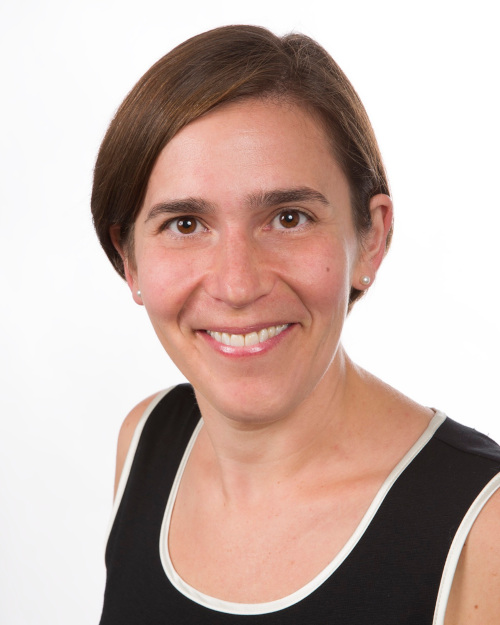Lakehead researchers excited about the NDP’s proposal to expand OHIP to include therapy sessions
May 12, 2022 – Thunder Bay, Ont.
Two Lakehead University psychology professors said NDP Leader Andrea Horwath’s proposal to expand OHIP to include therapy sessions is in-line with recommendations they made in their 2020 article published in the Canadian Journal of Public Health.
In the article released on August 7, 2020, Lakehead psychology professors Drs. Deborah Scharf and Kirsten Oinonen, who are both registered clinical psychologists, argued Ontario’s COVID-19 response highlights shortcomings of its physician-only public health-care system.
Drs. Scharf and Oinonen said it limits access to appropriate and sustainable mental health care. They encouraged the province to integrate registered mental health providers into the public health insurance system, which is why they’re excited about the NDP’s proposal.
On April 3, 2022, Horwath announced that, if elected, she would expand OHIP coverage to pay for six therapy sessions initially and up to 12 sessions for patients for those who need it from existing community mental health providers.
Horwath's proposal goes far beyond what was initially put in place by the Ontario government, whose initial COVID-19 mental health response was focused on increasing payments to physicians to provide mental health care and promoting online self-serve modules.
Drs. Scharf and Oinonen argued that a physician-focused OHIP approach was inadequate because physicians were already overburdened with pandemic-related medical issues and they may not have the training or desire to assume increased responsibility for mental health care.
At the same time, registered and specially trained mental health professionals such as psychologists were available to help offset the increased need for services.
While six to 12 sessions may not be sufficient for all Ontarians, several evidence-based treatment modalities can be implemented within 12 weeks, and this proposal is in-line with what is available through other publicly- and privately-funded outpatient mental health services.

“The fear, grief, social isolation, and financial and occupational losses from COVID-19 have created a mental-health crisis,” Dr. Scharf said.
The researchers said Ontario’s attempt to rapidly expand mental health-care access due to COVID-19 includes new Ontario Health Insurance Program billing codes that enable physicians to provide trauma counselling over the phone and patient self-serve online tools – while psychologists and other registered mental health provider services have been largely left out of the provincial response.
“Non-physician mental health providers operate outside of the provincial health-care infrastructure, including the OHIP provincial payer system that facilitated the provincial physician response,” Dr. Oinonen said.
“A physician-centric mental health-care system limits public access to quality, sustainable, evidence-based mental health services, because most physicians do not have the capacity, training, or desire to provide mental health services,” she added.
The researchers described several problems with Ontario’s physician-centric response to COVID-19, including that physicians do not typically provide psychotherapy; payment incentives in medicine have not typically increased public access to mental health-care; shortages of psychiatrist and other public mental health-care services mean that physicians have nowhere within the public system to refer their patients with severe or emergency mental health issues, among other concerns.
“A physician-centric approach to providing emergency mental health services puts patients at risk from inadequate or inappropriate care while increasing stress on primary care providers whose services are desperately needed elsewhere during COVID-19,” Dr. Scharf said.
The researchers believe the government should create trial-billing mechanisms through provincial public health insurance for registered mental health providers and introduce standardized provincial-required reporting of registered mental health providers including their capacities.
In May 2020, the federal government introduced $240 million to support online mental health-care and medical services.

“We hope the federal and provincial governments leverage psychologists and other registered mental health practitioners in their response,” Dr. Oinonen said.
To read the article visit this page.
– 30 –
Media: For more information or interviews, please contact Brandon Walker, Media, Communications and Marketing Associate, at (807) 343-8110 ext. 8372 or mediarelations@lakeheadu.ca.
Lakehead University is a fully comprehensive university with approximately 9,700 full-time equivalent students and over 2,000 faculty and staff at two campuses in Orillia and Thunder Bay, Ontario. Lakehead has nine faculties, including Business Administration, Education, Engineering, Graduate Studies, Health & Behavioural Sciences, Law, Natural Resources Management, Science & Environmental Studies, and Social Sciences & Humanities. Lakehead University’s achievements have been recognized nationally and internationally, including being ranked, once again, among Canada’s Top 10 primarily undergraduate universities in Maclean’s 2021 University Rankings; as well as included in the top half of Times Higher Education's 2022 World Universities Rankings for the third consecutive year, and in the top 100 of 1,115 universities from around the world in THE's 2021 Impact Rankings (which assesses institutions against the United Nations’ 17 Sustainable Development Goals). Visit www.lakeheadu.ca.

